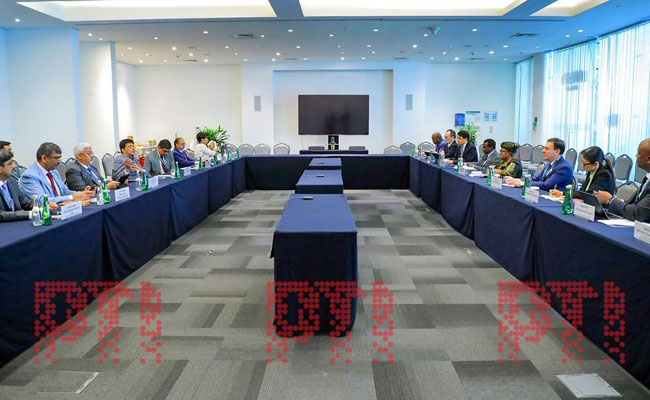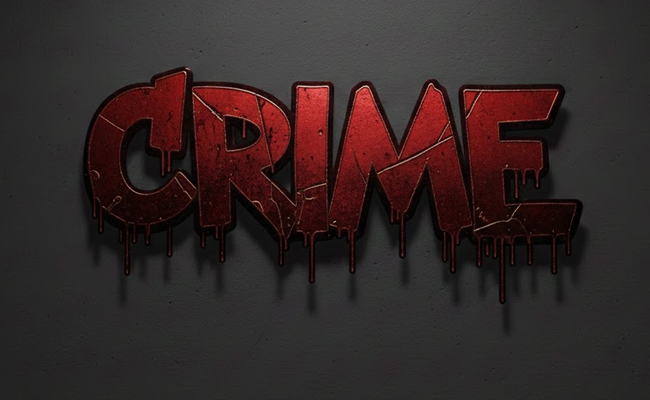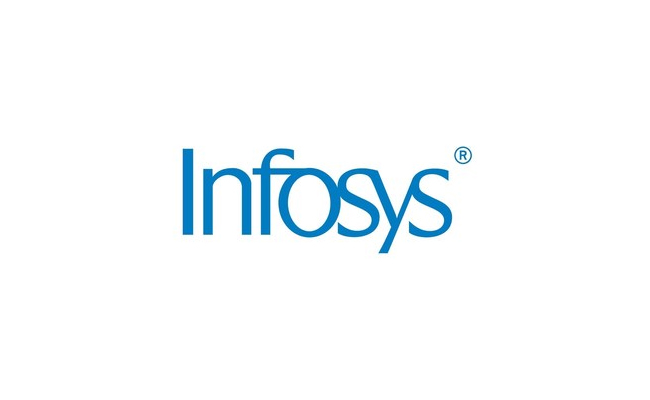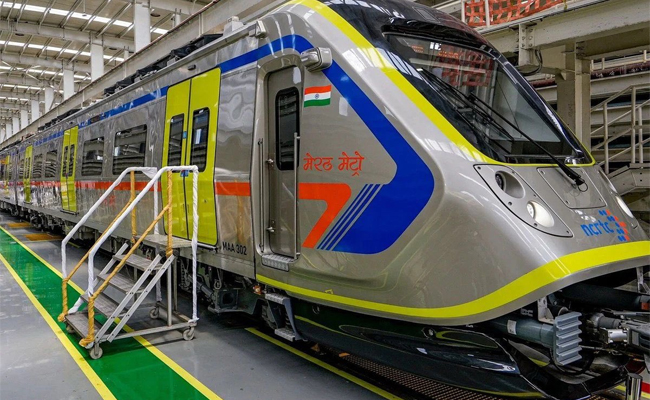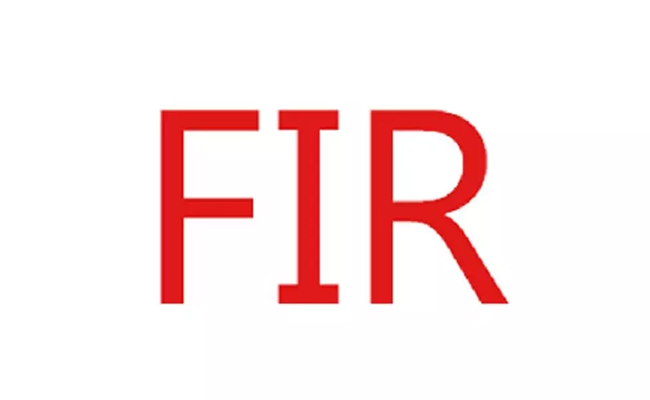Abu Dhabi (PTI): The meeting of the highest decision making body of the WTO on Friday entered the fifth day with key members including India, the US and EU holding talks to iron out differences on issues such as agriculture, fisheries subsidies, and duty moratorium on e-commerce trade.
The 13h ministerial conference (MC), which was to end on February 29, extended for a day as developing and developed nations were unable to find a common ground on these key issues.
The members are talking to end the impasse and so far things have not moved much, an official said.
"There are nine countries in the Green Room meeting including Brazil and China. The negotiations have been extended as WTO chief Ngozi Okonjo-Iweala is pushing for outcomes," the official said.
However, officials here are not sounding positive so far about bridging the differences and coming out with a ministerial declaration, which is a must for the success of the conference.
India has clearly stated that finding a permanent solution to the public stockholding of grains for food security purposes should be the top priority before taking up any new issues in the agriculture sector.
There are major differences among rich nations also on issues related to market access for agri commodities. There are seven agri matters which include export restrictions.
An official said talks are going on among the member nations on all the issues and India is clearly stating that it will not compromise the interests of farmers and fishermen.
New Delhi is pressing for a permanent solution to the issue of public stockholding of grains for food security programmes and has asked developed countries engaged in distant water fishing to stop providing any kind of subsidies for 25 years.
India is also pressing for an end to the moratorium on imposing customs duties on e-commerce trade.
India and South Africa have blocked a proposal led by China on investment facilitation stating that the agenda is out of the WTO mandate.
India has also asked for the restoration of the appellate body of the WTO's dispute settlement system. The US has been blocking the appointments of judges in the body since 2019, due to which the system is not working smoothly.
New Delhi is pitching for finding a permanent solution to the issue of public stockholding (PSH) for its food security programmes.
PSH programme is a policy tool under which the government procures crops like rice and wheat from farmers at a minimum support price (MSP) and stores and distributes foodgrains to the poor.
As part of a permanent solution, India has asked for measures like amendments in the formula to calculate the food subsidy cap.
Further, the talks on non-trade issues such as trade inclusiveness, women's participation in trade, industrial policy and environment, in the draft Abu Dhabi package also remained unresolved so far.
However, the ministerial has managed to get at least five outcomes such as new disciplines on domestic regulation for services, formal joining of Comoros and Timor-Leste as members of the WTO, and least developing countries continuing to get the benefits of LDC even three years after graduation.
Besides, India is also pushing for the adoption of open and interoperable payment systems with a view to cut the cost of money transfers or remittances as the dominance of a few large players in the market contributes to these high costs through complex and opaque fee structures.
According to an expert, the challenge of high remittance costs, averaging 6.18 per cent globally, are well above the United Nation's target of 3 per cent.
MC is the highest decision-making body of the 166-member Geneva-based multilateral body. As many as 22 more nations have shown interest to join the organisation.
At the meeting of the Heads of Delegation on 28 February, DG Okonjo-Iweala has called on members to go the extra mile to find convergence on various negotiations at the ministerial gathering and to be mindful that time is running out to conclude meaningful agreements.
Let the Truth be known. If you read VB and like VB, please be a VB Supporter and Help us deliver the Truth to one and all.
Indore (PTI): The classmate of a 24-year-old female MBA student, arrested in Indore for her murder, allegedly abused the body after the killing and also performed occult rituals while on the run, police said.
On February 13, people complained of a foul smell emanating from a closed house in the city's Dwarkapuri police station area.
After police arrived at the scene, the naked body of a 24-year-old woman was found in the house.
The woman was pursuing a Master of Business Administration (MBA) degree from a city college and the body was found in her classmate's rented house, Deputy Commissioner of Police (DCP) Shrikrishna Lalchandani told PTI on Monday.
The classmate fled after the incident. He was taken into custody in Mumbai and is being interrogated after his arrest, the official said.
Referring to the accused's interrogation, the official said he allegedly strangled his classmate to death and then "abused" the body.
ALSO READ: Student killed, three injured in clash at college in Maharashtra's Latur; 4 held
"The accused also performed witchcraft near Panvel (in Navi Mumbai) while on the run. The accused claims that he was mentally disturbed after the murder and wanted to communicate with the woman's spirit through witchcraft," he said.
According to the DCP, the woman and the accused were in a close relationship.
"The accused suspected that she was talking to other men. Enraged, he killed her and fled," the official said.
After the woman's body was found, her father accused the classmate of trying to extort money from his daughter using her obscene photos and then torturing her to death.
The accused had even posted these photos on her college WhatsApp group, he alleged.

